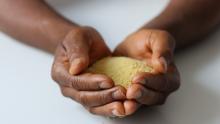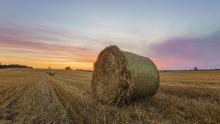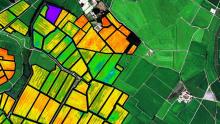New light on sub-Saharan nutrition research

Many countries in sub-Saharan Africa still suffer from high rates of malnutrition, despite international efforts to address the issue. An EU-funded project brought together African researchers and stakeholder organisations to define research priorities that could improve results and strengthen the continent's capacity in this field.









